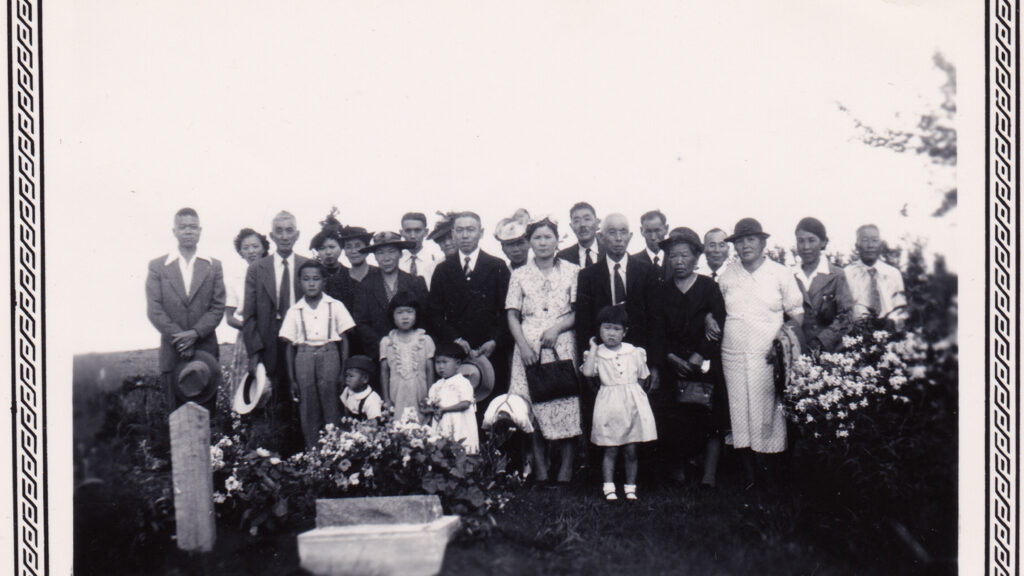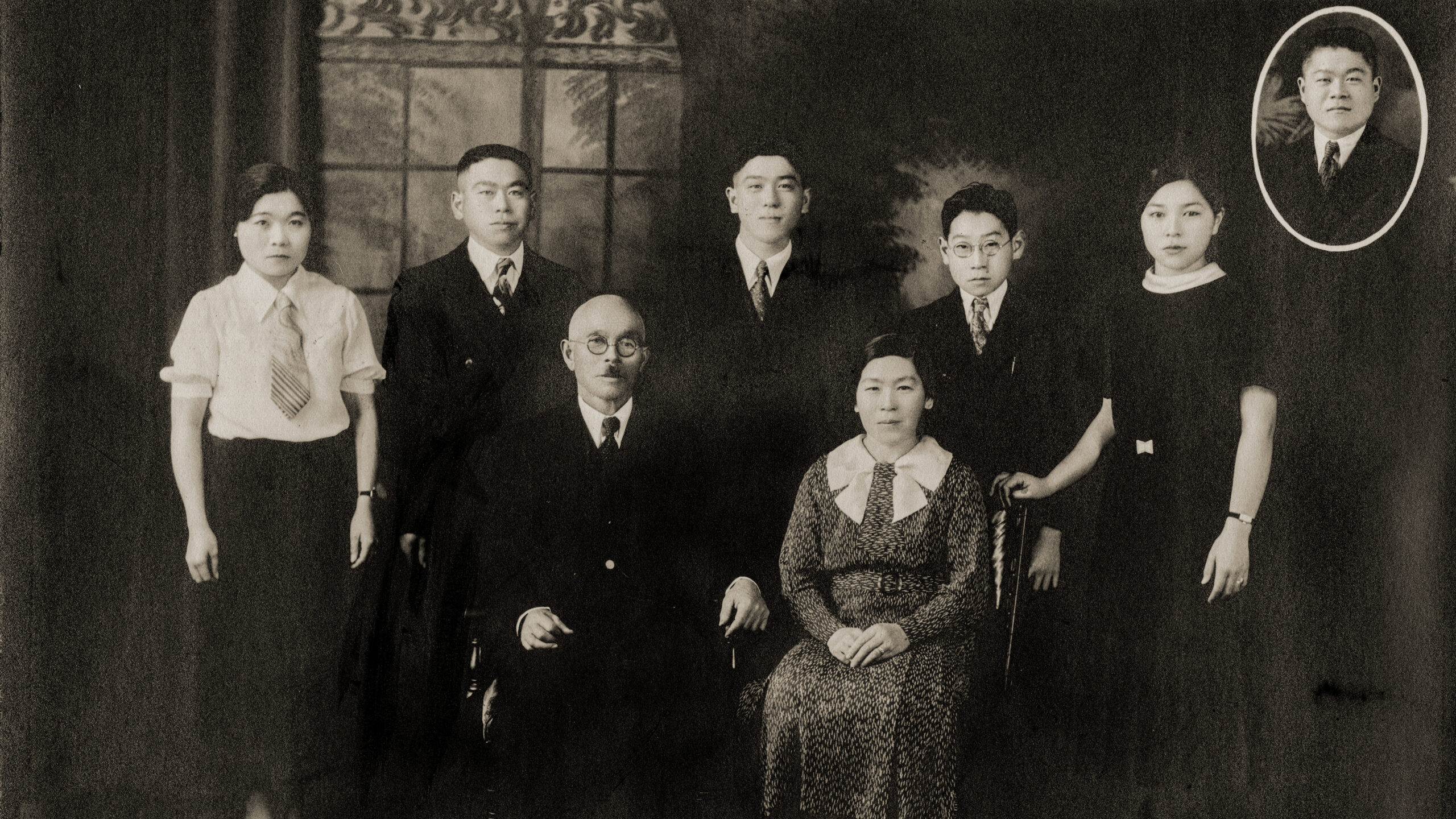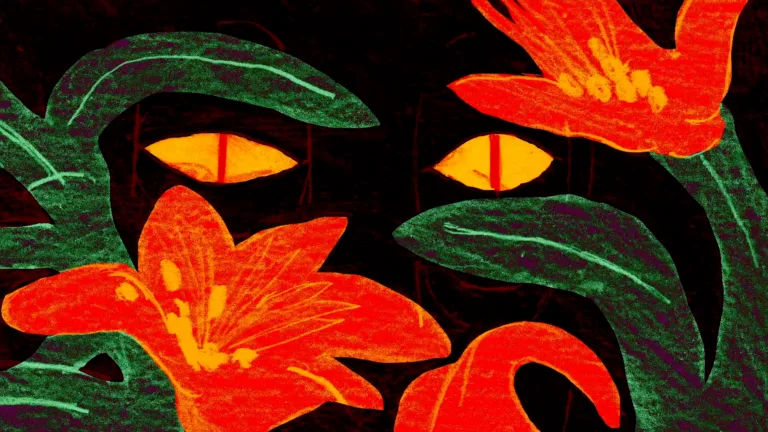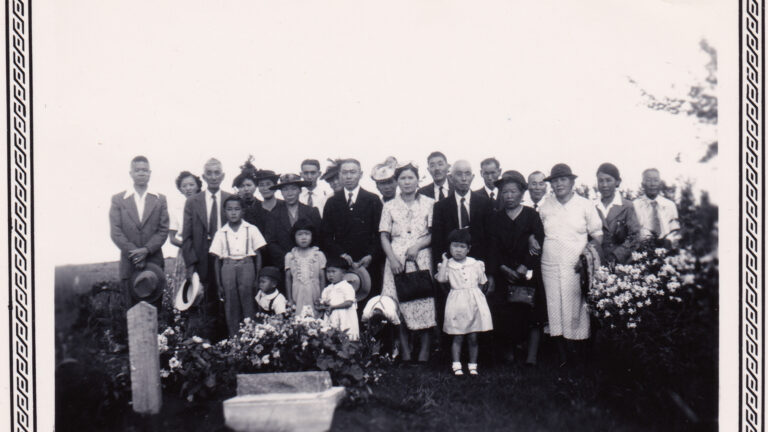A Stream of Echoes: Generations, Memory, and the Weight of History
Sometimes, a film feels like a conversation between the past and the present. Maria Anastassiou’s A Stream of Echoes is exactly that—a poignant exploration of memory, history, and how families carry their stories across generations. This 100-minute documentary uses found footage, family diaries, and cassettes to weave a deeply personal yet universal narrative. For me, the film wasn’t just a look at history—it was an emotional reminder of how the past shapes who we are today.
Echoes of the Past in Every Frame
What struck me most about A Stream of Echoes was its use of intimate, personal media to tell a larger story. Diaries, cassettes, and family footage feel like fragments of a life. Together, they piece together a collective history. Watching it reminded me of The Treasury of Human Inheritance, where archival material challenges and redefines inherited narratives.
Moreover, Anastassiou’s film centers on displacement and refugeehood, asking hard questions. For example, how do families preserve their histories after losing their homes? How do we pass down memories that might fade with time? These questions hit close to home, especially now when so many communities face migration and loss.

A Tactile Connection to History
One of the most moving aspects of this film is its tactile quality. The texture of found footage and the crackle of recorded voices bring the past to life. Handwritten diary notes create a visceral connection to the events being shared. It almost felt as though I could reach out and touch the memories on screen.
This approach reminded me of A Fidai Film. Both films transform archival fragments into tools of reclamation. However, Anastassiou focuses on deeply personal stories. The materials—the film stock, audio recordings, and artifacts—become characters themselves, showing us that history is never just abstract.
For those unfamiliar with the history of Cyprus and its impact on refugeehood, this article on Cyprus’s conflict and itsdiaspora offers valuable context.
Why You Should Watch A Stream of Echoes
This film is a quiet but powerful reflection on how families preserve their stories and the weight of carrying those stories forward. It asks us to think about the ways we honor our histories while making space for the future. Anastassiou’s use of personal archives makes the film feel both intimate and universal, offering a perspective that lingers long after the credits roll.
If you’re drawn to films like The Ballad of Suzanne Césaire, which celebrates legacy through fragmented storytelling, or The Treasury of Human Inheritance, which reflects on inherited narratives, A Stream of Echoes will resonate deeply. It’s a reminder that history isn’t just what we remember—it’s how we choose to tell it.
Discover more from DG Speaks
Subscribe to get the latest posts sent to your email.






